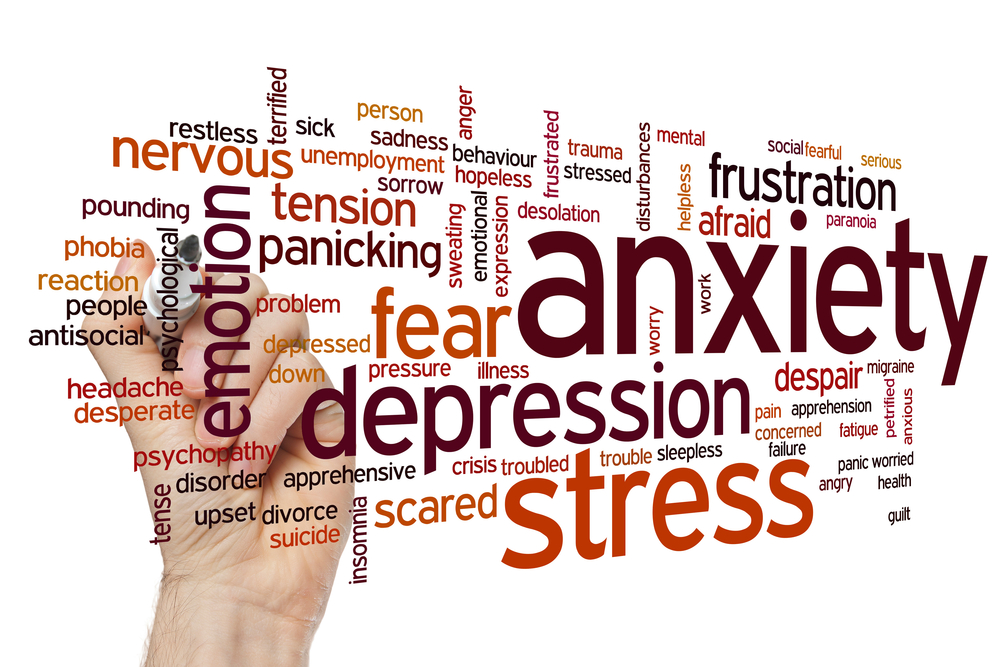Ever Heard Of Sleep Deprivation? Here’s What You Need To Know About It

Sleep is essential for good health. A good night’s sleep positively boosts your physical and mental performance. But if statistics are to be believed, nearly 93% of Indians are sleep-deprived. We are among the poorest sleepers in the world, with an average sleep time of 6.55 hours. This is much lower than the recommended 7-8 hours required daily for good sleep.
Let us learn more about sleep deprivation and other information related to it.
What is sleep deprivation?
The term refers to the continuous lack of adequate sleep. Though everybody’s need for sleep is different, not getting enough of it can make you sleep-deprived. It can affect your alertness and activity level to an extent that can be harmful to you or others around, e.g., accidents involving cars, planes, trains, ships, etc.
What causes sleep deprivation?
The reasons for sleep deprivation could be many. You can become sleep-deprived if sleep is considered a waste of time and you engage yourself in activities that keep you awake, such as educational goals, watching TV, playing games, etc. This intentional sleep deprivation occurs mainly in young adults. Other causes could be unintentional, such as a demanding job, irregular working hours, family responsibilities, etc. A person suffering from chronic illnesses such as depression, stress, hormone imbalance, obstructive sleep apnea, etc. can also suffer from sleep deprivation.
What are some common symptoms of sleep deprivation?
One of the apparent symptoms of sleep deprivation is excessive daytime sleepiness. Other than this, symptoms of sleep deprivation usually include continuous yawning, moody and irritable behaviour, complaints of fatigue, depressed mood, difficulty in learning new things, extreme forgetfulness, lack of concentration, lack of motivation, excessive appetite, reduced sexual desire, etc.
How is sleep deprivation diagnosed?
A diagnosis of sleep deprivation primarily depends on one’s sleep history. You may be asked to note down your daily sleeping hours, any awakening during sleep, how fresh you feel on waking up, daytime sleepiness, etc. for a few days. Your partner may be asked to note down any snoring, limb-jerking, or gasping during sleep. All this will help sleep specialists to arrive at a diagnosis of sleep deprivation. If required, a polysomnogram or sleep study may also be conducted in a sleep lab.
How is sleep deprivation treated?
Treatment is required only if you are not able to sleep due to physical or psychological problems. It is done via behavioural/cognitive measures, or with medication. Behavioural and cognitive measures make use of effective methods such as relaxation techniques, meditation, breathing exercises, mindfulness training, control of stimulations such as pre-bedtime activities, or cognitive behavioural therapy to help you develop a better sleeping pattern. If all these fail to induce sleep, medications – non-benzodiazepine hypnotics, benzodiazepines, melatonin receptor antagonists – may be prescribed.
Impact of sleep deprivation on your life
Adequate sleep is essential, and its deprivation can affect both, your body and mind. Lack of sleep can weaken your immune system, increase the risk of diabetes, hypertension, respiratory and cardiovascular disorders, lead to obesity, and also cause hormonal imbalance. More than anything, it affects your alertness and decreases your productivity. It also affects the ability of your brain to balance emotions and stay calm.
To avoid all these complications and stay healthy, it is required that you sleep adequately and not fall prey to sleep deprivation. But even if you do become sleep-deprived, first try to help yourself to sleep better; and if it persists, do not hesitate to seek professional help.














